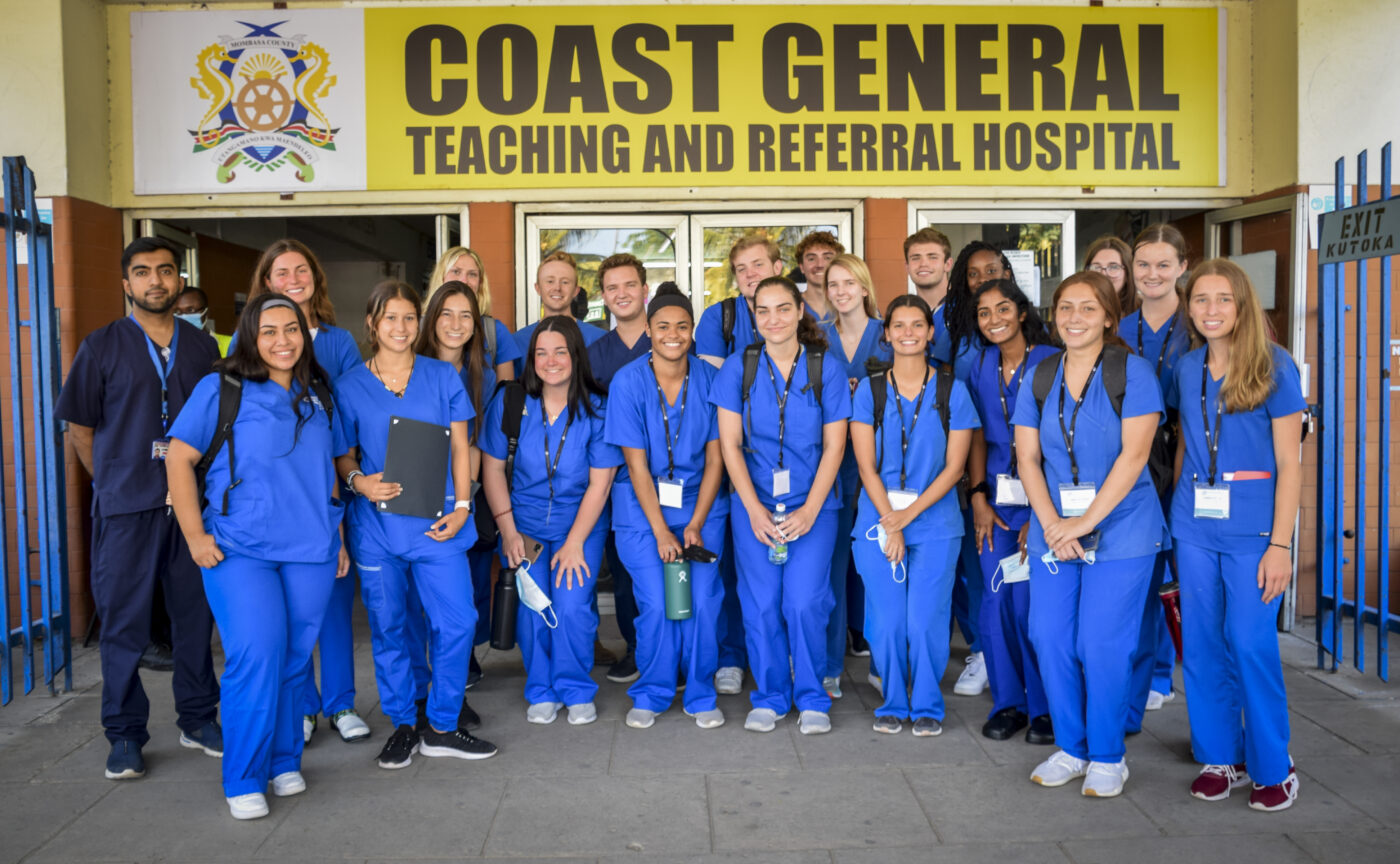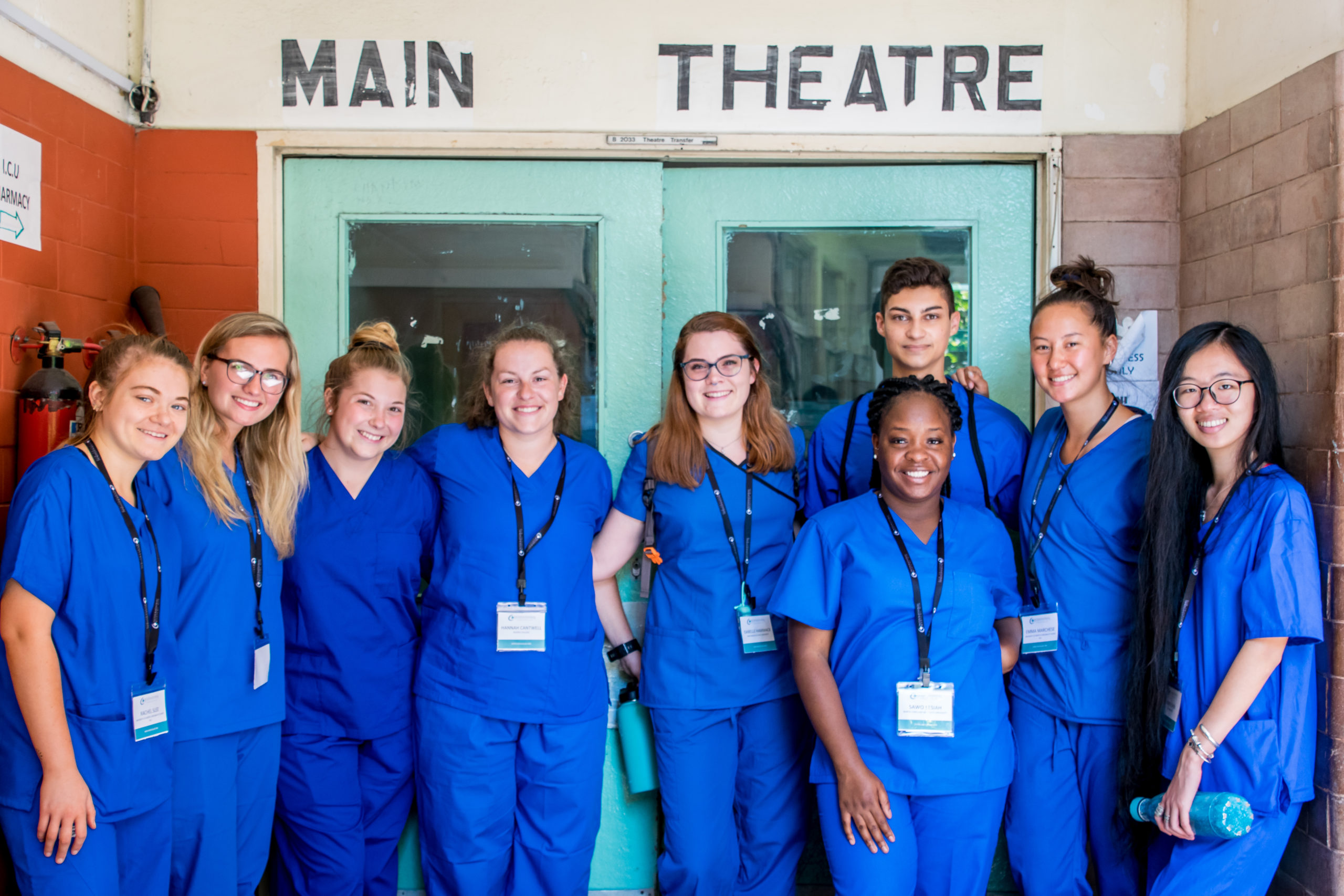5 Things To Know About Ecuador’s Healthcare System
A country’s healthcare system is often used as a significant indicator of progress. But for most developing countries, including Ecuador, the critical issue lies in healthcare officials doing the best they can to maximize available resources.
As authorities develop more inclusive healthcare globally, non-government organizations from high-income countries have always been willing to help. For instance, some medical groups offer Ecuador aid programs that improve access to health care among vulnerable low to middle-income communities. Fortunately, with both internal and external mechanisms in place, the Ecuadorian healthcare system continues to develop over the years.
Primary Health Issues in Ecuador
Ecuador is on the western section of the South American continent and sits next to Colombia and Peru. Like other economically-challenged nations, some families live in poverty in Ecuador. It’s estimated that 9.8% of the country’s total population of around 18 million live below $3.20 per day.
According to a non-government organization, the Borgen project, typhoid and dengue fever, and hepatitis A are among the most common diseases in the country. Poor communities are highly vulnerable due to improper sanitation practices, malnutrition, and weak preventative measures against these health issues. The lack of medical professionals and facilities exacerbates these Ecuador healthcare problems.
5 Ecuador Health Care System Facts
However, all the issues above are being addressed by both the public and private sectors as Ecuador’s health statistics continue to show improvement over the years. This makes the country a viable location for interns and volunteers. Below are the reasons they must consider this South American country as their next destination.
1. The Ecuadorian Health Care System Was Overhauled in 2008
The Constitutional amendments in 2008 were a significant turning point for Ecuador’s health care system. Because the state has moved to consider Ecuadorian health care access as a fundamental right for all, it paved the way for the concept of universal health care coverage. Increased government control and spending for medical care were implemented alongside structural and systematic changes. Ecuador established a new Ministry of Public Health mandated to develop and maintain an inclusive public health system.
2. Ecuadorians Have Three Modes of Medical Access
While the Ministry of Public Health oversees the country’s healthcare system, the Ecuadorean Social Security Institute is the leading provider in Ecuador’s health system. However, the private medical sector remains active in Ecuador. There are three ways that the population can access healthcare services in Ecuador.
- Public Health System: In line with its universal health care coverage, medical services are widely accessible to Ecuadorians with little to no income.
- Social Security System: The working population and their families are entitled to this service, which employees pay through tax deductions.
- Private system: Those who can afford medical care can go to private healthcare facilities. Non-profit medical providers also exist with limited capacities.
- Ecuador’s Healthcare System Is Among the World’s Most Efficient
Despite being a middle-income economy, the Ecuadorian population enjoys good health services. According to Bloomberg’s health care efficiency index, Ecuador health care system is one of the most efficient globally. This index calculates efficiency through indicators such as life expectancy and relative and absolute health spending.
In 2013, the efficiency ranking of healthcare in Ecuador was pegged at 20th and jumped to 13th a year later—overtaking a few European countries, including Poland, Germany, and Greece. The United States wasn’t even included on the top of the list, snagging 46th place in 2013 and climbing slightly to the 44th spot in 2014.
Inefficiencies in the US health sector are attributed to the relatively high cost of medical services, heavy use of technology, and a high dependence on expensive drug products.
3. Ecuador Ranks Among the Highest in Health Care Spending
The reforms in Ecuador’s health system, which included increased spending on medical and other related facilities, have immensely helped improve its status. Besides providing access to everyone, the government has included disease prevention and health and sanitation education as priorities.
According to the World Health Organization, per capita spending for Ecuador’s health sector was estimated at $285 in 2014, 6 times its figure of $40 in 1995. In addition, the Ecuador health sector absorbs 7.3% of the country’s gross domestic product or GDP. Comparatively, the US health care receives 17.9% of the country’s GDP but is ranked lower than Ecuador in terms of efficiency, due to the reasons earlier discussed. This is by no means an easy feat for a country with limited resources.
4. Health Care Services and Insurance in Ecuador Are Affordable
In spite of its efficiency, Ecuador’s medical care costs remain affordable to most of its residents. Comparatively, medical procedures typically cost 20% of what you’ll pay for them in the US. Consultations can cost up to $40 for a general physician and an additional $10 for medical specialists.
Children and adults below 65 years must carry health insurance in Ecuador. And just as medical costs are cheap, so are insurance rates in the country. An Ecuadorian pays $70 on average for monthly insurance, whereas the same coverage can be had for $1,200 for US citizens.
Conclusion
Systemic changes led by the government have improved the health care situation in Ecuador. However, the medical sector is far from perfect in spite of these positive developments. Access to public and private health in Ecuador isn’t the best because the industry suffers from a lack of medical personnel and advanced equipment, as with most countries in the world. As such, medical aid agencies consider Ecuador one of the top destinations for volunteering or internships.



